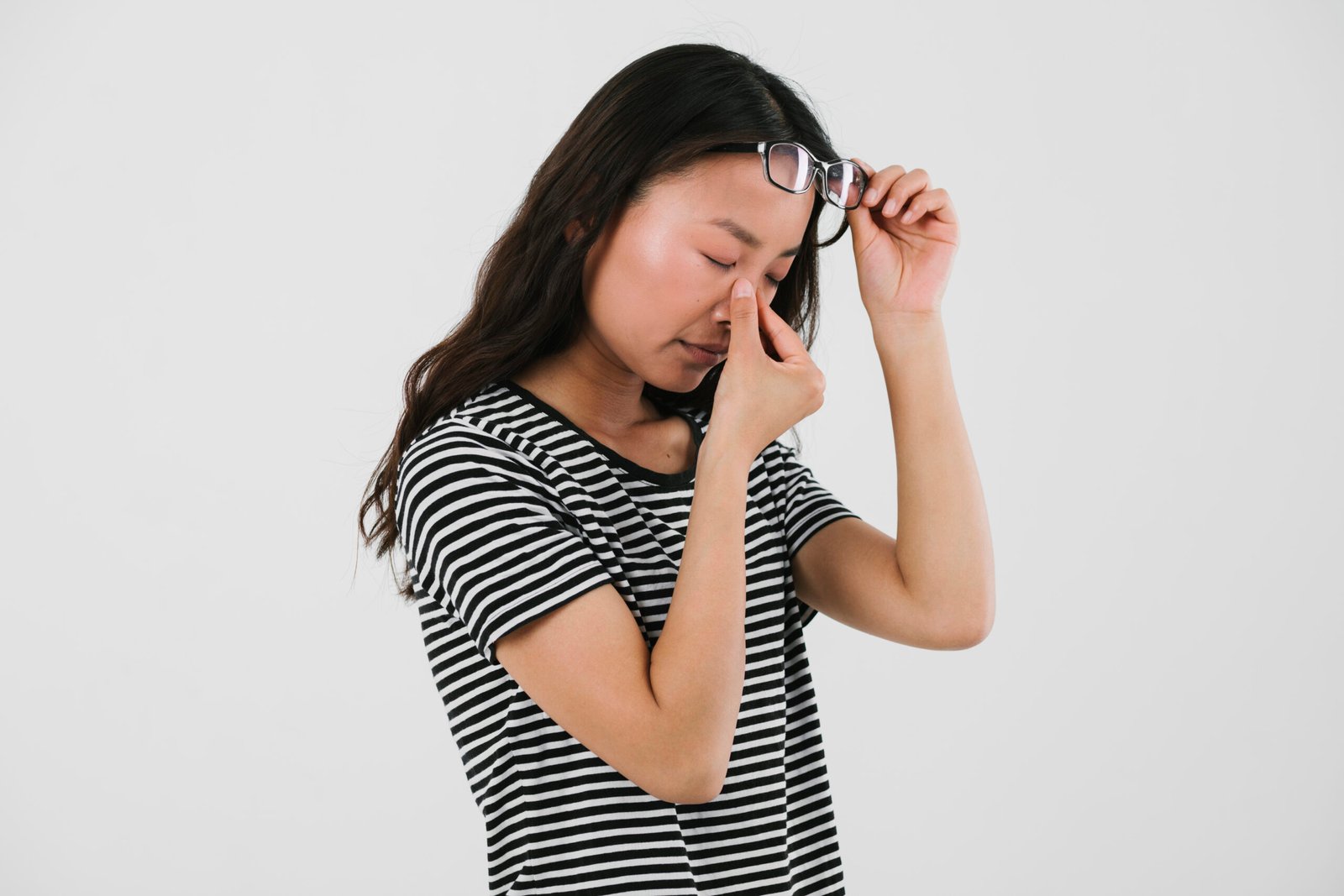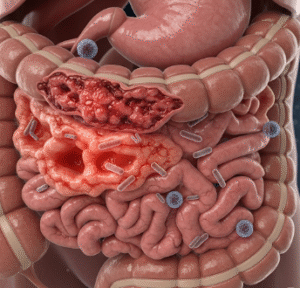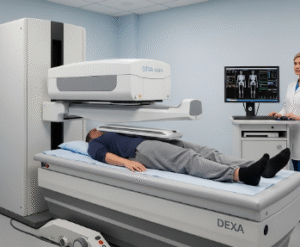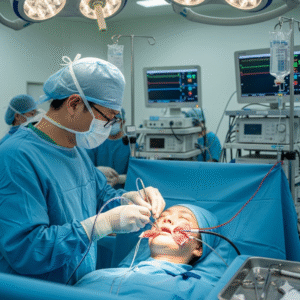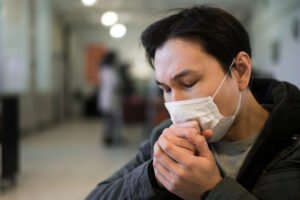Overview
Sinusitis, also known as a sinus infection, is a common condition that causes inflammation or swelling of the tissue lining the sinuses. It often results from viral infections but can also be caused by bacteria, allergies, or other underlying health conditions. In Korea, sinusitis is frequently encountered in both children and adults, with high-quality ENT (ear, nose, and throat) care and advanced surgical options available for chronic or severe cases.
What is Sinusitis?
Sinusitis is the inflammation of the sinuses—the hollow cavities in the skull that produce mucus. The condition occurs when the sinuses become blocked, trapping mucus and allowing germs to grow. It can be acute (lasting less than four weeks), subacute, chronic (lasting more than 12 weeks), or recurrent.
There are several types:
- Acute sinusitis – often due to a cold or viral infection
- Chronic sinusitis – long-term inflammation, often involving nasal polyps or allergies
- Allergic sinusitis – triggered by allergens
- Fungal sinusitis – more common in immunocompromised patients
Symptoms
- Nasal congestion or blockage
- Facial pain or pressure (especially around the eyes or forehead)
- Headache
- Thick nasal discharge (yellow or green)
- Post-nasal drip
- Loss of smell or taste
- Cough (often worse at night)
- Bad breath
- Fatigue
- Fever (in acute infections)
Causes
- Viral respiratory infections (cold, flu)
- Bacterial infections following viral sinus blockage
- Allergic reactions (e.g., pollen, dust mites)
- Nasal polyps
- Deviated nasal septum
- Fungal infections (in rare cases)
- Air pollution or smoking
Risk Factors
- Frequent colds or respiratory infections
- Allergies or asthma
- Structural problems in the nasal cavity (e.g., deviated septum)
- Smoking or exposure to secondhand smoke
- Weakened immune system
- Living in areas with high air pollution (common in some urban parts of Korea)
Complications
- Chronic sinusitis
- Spread of infection to eyes or brain (rare but serious)
- Orbital cellulitis
- Sinus abscess
- Meningitis (in extreme, untreated cases)
- Decreased sense of smell or taste
- Asthma flare-ups
Prevention
- Avoid upper respiratory infections by practicing good hygiene
- Manage allergies through medication or immunotherapy
- Use humidifiers to keep nasal passages moist
- Stay hydrated
- Avoid smoking and exposure to pollutants
- Get flu and COVID-19 vaccines to reduce viral infection risks
- Use saline nasal sprays or rinses regularly during dry seasons
Treatment Options in Korea
Diagnosis
- Nasal endoscopy – to view sinus openings directly
- CT scan – detailed imaging of sinus cavities
- Allergy tests – to determine if allergies are contributing
- Mucus culture – if bacterial or fungal infection is suspected
Medical Treatment
- Decongestants (oral or nasal sprays, e.g., oxymetazoline)
- Antibiotics (for bacterial sinusitis)
- Saline nasal irrigation
- Corticosteroid nasal sprays (e.g., fluticasone, mometasone)
- Antihistamines (if allergy-related)
- Pain relievers (acetaminophen, ibuprofen)
Surgical Treatment
- Functional Endoscopic Sinus Surgery (FESS): Minimally invasive procedure to clear blocked sinuses
- Balloon sinuplasty: Used in chronic cases to widen sinus openings
- Polypectomy: Removal of nasal polyps causing blockage
- These procedures are widely available in Korea and performed with advanced imaging and navigation technology

